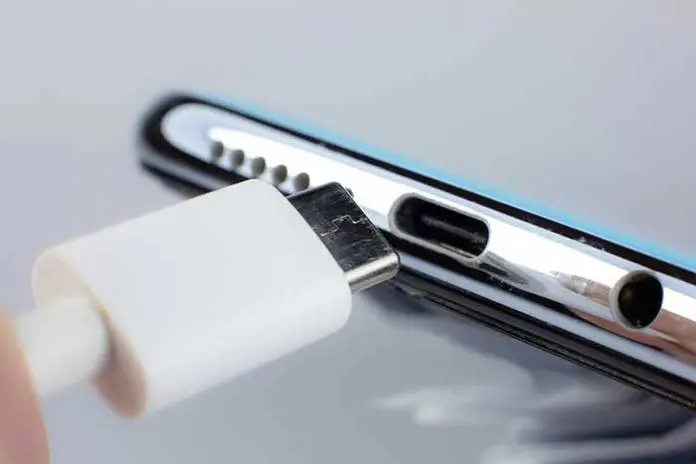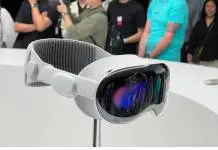
The European Union (EU) is enforcing the use of USB-C ports on all smartphones, tablets, cameras, portable video game consoles, and handheld speakers. The European Commission plans to enact new legislation that will make all mobile device manufacturers comply with the directive within two years. The ultimate objective is to reduce the number of chargers required for charging portable electronic devices.
According to the EU technology chief, Margrethe Vestager, device manufacturers have been given a long notice to provide chargers that will work across multiple devices. But they have not yielded to the directive. She said the law will compel them to do the right thing in order to protect consumers and the environment.
“European consumers were frustrated long enough about incompatible chargers piling up in their drawers,” Vestager said. “We gave industry plenty of time to come up with their own solutions, now [the] time is ripe for legislative action for a common charger. This is an important win for our consumers and environment and in line with our green and digital ambitions.”
According to the commission, electronic consumers are forced to buy new chargers each time they purchase a new device because existing chargers would not charge their new devices. This situation has made many people have up to five or six chargers that they cannot use with new devices, causing a considerable buildup of useless chargers.
The commission added that about $2.8 billion is spent by consumers in the European Union on standalone chargers that do not come with mobile devices. The regulatory agency said the new legislation will reduce waste and cut costs for consumers.
Manufacturers can still have other charging ports on new devices so long it is not lacking the USB-C charging port.
“Chargers power all our most essential electronic devices,” said Commissioner Thierry Breton. “With more and more devices, more and more chargers are sold that are not interchangeable or not necessary. We are putting an end to that. With our proposal, European consumers will be able to use a single charger for all their portable electronics—an important step to increase convenience and reduce waste.”
About 10 years ago, there were up to 10 charging standards for mobile devices in the EU. With constant oversight, they have been reduced to only three: USB-C, Micro USB, and Lightning.
But Apple does not want its Lightning charging port to go away and kicked against the upcoming legislation. The tech giant said the regulation “stifles innovation rather than encouraging it” and that European consumers and others around the world would suffer if there were only one type of charging port.










